45 energy labels on appliances
energysavingtrust.org.uk › energy-labels-areEnergy labels are changing: here’s what you need to know Jan 12, 2021 · Energy Saving Trust is collaborating with Natural Resources Canada as Canadian jurisdictions work towards introducing new building energy labelling schemes. Home appliances. When looking for energy efficient appliances, check the energy ratings label and consider the size of the appliance you need. Energy Guide Labels Explained | Maytag An Energy Guide label typically tells you the following important things: What it may cost to run the appliance for the entire year with an electric or gas hot water heater. How much energy the appliance is likely to use in a year. If the appliance is ENERGY STAR certified. Knowing how to read energy labels can help you shop smarter and save money.
New energy labels for home appliances - EU u Srbiji Energy labels now contain a simplified scale of energy classes, from dark green "A" - for the most energy-efficient device that contributes to reducing bills and carbon dioxide emissions, to red "G" - for the least efficient device, while categories "A +", "A ++ "And" A +++" are no longer used.

Energy labels on appliances
europa.eu › youreurope › businessEU energy labelling requirements - Your Europe Since March 2021, the energy label rating system uses A to G rankings only, instead of A to D ratings as before. This new rating system applies to the following product groups: refrigerators dishwashers washing machines televisions light bulbs and lamps The first 4 product groups must feature the rescaled labels from 1 March 2021. EnergyGuide Labeling: FAQs for Appliance Manufacturers Which products must have EnergyGuide labels? The Rule requires EnergyGuide labels for clothes washers, refrigerators, freezers, televisions, water heaters, dishwashers, room air conditioners, central air conditioners, furnaces, boilers, heat pumps, and pool heaters. Labeling requirements for certain light bulbs are explained here. About the energy label and ecodesign | European Commission Energy labels First introduced for a number of household appliances in 1994 and subsequently expanded in 2004 - with a comparative scale from A (most efficient) to G (least efficient) - the EU energy label has been a key driver for helping consumers choose products which are more energy efficient.
Energy labels on appliances. › gbuk › techtalkEnergy labels decoded | Currys TechTalk Sep 26, 2022 · Not all tech has energy labels. And some types of appliances never introduced the A to A+++ ratings. So the ones that have changed are: fridges. washing machines. washer dryers. wine coolers. dishwashers. TVs. PC monitors. gaming monitors. If you want to go a little more in-depth on exactly how it'll work with your kitchen kit, take a look at ... Understanding Energy Efficiency Labels | Kitchen Magazine - Grundig Energy efficiency labels indicate the energy efficiency of the appliance in question. Appliances that are energy efficient use less electricity to achieve the same level of performance to similar models with the same size or capacity. The more energy efficient a model, the less energy it will use and the less it will cost you to run. en.wikipedia.org › wiki › Energy_StarEnergy Star - Wikipedia Energy Star (trademarked ENERGY STAR) is a program run by the U.S. Environmental Protection Agency (EPA) and U.S. Department of Energy (DOE) that promotes energy efficiency. The program provides information on the energy consumption of products and devices using different standardized methods. Energy Star Appliances: What The Label Signifies - Brighthaus The Energy Star Logo. The ENERGY STAR Appliances Label would mean that any material or product is much more energy-efficient than similar products. Then again, this government-backed label is responsible for letting the consumers find the most energy-efficient appliances as much as possible. Also, it helps customers to compute the long-term ...
Domestic Appliance Energy Labels: What Do They Mean? - UK Whitegoods The EU energy labelling system was the EU's attempt at making all appliances' performance, in terms of energy efficiency, more transparent to the buyers of them, which means you, the general public. EnergyGuide Labels: Templates for Manufacturers - Federal Trade Commission Instructions. Insert the correct energy, cost, range, and any other model-specific information for your particular model on the labels. Place the cost of your product at the appropriate location along the range. The label files on this page provide example templates to facilitate label design but do not cover every possible product type or size ... How a Product Earns the ENERGY STAR Label The ENERGY STAR label was established to: Reduce greenhouse gas emissions and other pollutants caused by the inefficient use of energy; and Make it easy for consumers to identify and purchase energy-efficient products that offer savings on energy bills without sacrificing performance, features, and comfort. Energy Labelling | Energy Ratings | SEAI From 1st March 2021 a new rescaled energy label (ranging from A to G only) has been introduced for the following products: Household refrigerators and freezers Washing machines and washer dryers Dishwashers TVs and electronic displays
European Union energy label - Wikipedia The energy labels are separated into at least four categories: The appliance's details: according to each appliance, specific details, of the model and its materials. Energy class: a colour code associated to a letter (from A to G) that gives an idea of the appliance's electrical consumption. Energy Labels - LABELS-U-PRINT EU energy labels have become a common sight in home appliance showrooms - they're found on a selection of white goods and other products and are designed to help customers see how energy efficient a model is before they buy. The coloured bars represent levels of efficiency with the green bars at the top showing the best efficiency (uses ... Energy class: the return of the A to G label | Energyprice.be Over nearly 30 years, energy classes have undergone a number of changes in terms of presentation, classification, and variants. From the most energy-efficient to the least, this compulsory labeling system implemented by the European Union uses a color code (green to red) and a letter code (A+++ to D) to classify the energy efficiency of your household appliances. What do the labels on household appliances mean? | Endesa The energy label indicates whether a household appliance is more or less efficient. A good rating in this respect will ensure that your refrigerator, washing machine or dishwasher you cost you less when you receive your electricity bills. When you buy a washing machine, dishwasher or TV we pay great attention to the technical aspects.
Shopping for Appliances and Electronics | Department of Energy The EnergyGuide label is required to be placed on all appliances by the manufacturers. The label provides information about energy consumption, and shows you how much energy an appliance uses compared with similar models. Keep in mind that the numbers are averages: actual costs will differ somewhat depending on how you use them.
Label | Energy Rating It's easy - just take the energy consumption figure - and divide it by 4. For example, if the Energy Rating Label on a washing machine says it uses 400 kWh, it means it will roughly cost you $100 per year to run. Easy! This is because across Australia energy rates range from under 20 c to just over 30 c per kWh - so using 25 c (1/4 of a ...
How To Use the EnergyGuide Label To Shop for Home Appliances The less energy an appliance like a refrigerator or dishwasher uses, the less it costs to run — which means more money in your pocket each year. The EnergyGuide label is the yellow tag you'll find attached to most home appliances, and it tells you how much energy that appliance uses.
The energy label: what is it and what does it mean? | Candy Under European regulations, the energy label must be clearly shown on the electrical appliance. The following information is given on an energy label: Manufacturer's brand and model; Energy class; Consumption in kW (kilowatt); Energy consumption for typical functions of the appliance (e.g. spin for washing machines);
Explaining the New Energy Label for Home Appliances - Euronics Since the energy label was introduced, there have been significant improvements in energy saving technology. This meant that all new products were being given the top rating for efficiency. As a result, the label has been recalibrated to make it easier for you to compare models when purchasing a new appliance. Why The New Energy Label?
› appliancesKitchen Appliances | Home Appliances - Consumer Reports Get the latest in-depth appliance reviews, ratings, and buying advice for all your favorite kitchen and home appliances, so you can make the right choice.
Create an energy label - GOV.UK You'll need to use the European Product Database for Energy Labelling (EPREL) to create labels for products that are sold in Northern Ireland. Before you start You'll need the product's...
› blog › 2020Energy Fact: Does Unplugging Appliances Really Save Electricity? Jun 16, 2020 · Read Labels. When upgrading your appliances look for those that list the standby power usage and choose those with lower numbers. Take Care. Appliances that are professionally maintained and kept in good repair perform the most efficiently and are likely to last longer. Schedule Appliance Repair Today! Want to save even more money at home?
The Energy Guide Label on Appliances, What Does It Mean? The label includes necessary information on the appliance such as the type, manufacturer, and capacity of the unit. Most of these smaller print items are relatively self-explanatory. Where most people begin to become confused is trying to understand the actual energy cost which is listed as a range based on all similar models of the appliance.
What do energy labels mean? | Green Choices The familiar EU Energy label, rates products from A (the most efficient) to G (the least efficient) and is required by European law to be displayed at the point of sale on the following products: Washing machines, washer-dryers tumble dryers Fridges, freezers and fridge freezers Dishwashers Electric ovens Energy-saving light bulbs Air conditioners
Energy labels | Help & Advice | ao.com Household appliances use a lot less energy and water than those from a decade ago. For example, fridge freezers use around 40% less energy, whilst still doing just as good a job (if not better) at taking care of our groceries. So, with this in mind, the old A+++ to D energy rating system is moving to an easier to understand A to G scale.
Regulations: energy information - GOV.UK There are new requirements on dealers when it comes to displaying the new, re-scaled energy labels for certain products. The products affected by these changes are: electronic displays...
Explainer: What do the ticks on the energy labels of appliances mean ... The energy label contains information on the energy consumption and energy costs of an appliance model. It also highlights the relative energy efficiency of the model, through the displaying of ticks. What do the ticks on energy labels mean? The more the number of ticks, the better the appliance's relative energy efficiency.
› efficient-appliancesEfficient appliances | Energy Made Easy Appliances are things like dishwashers, heaters and air conditioners. Some gas and electrical appliances have labels on them to help you work out which ones are the most energy efficient. These are called 'energy efficiency ratings'. Electrical appliances. Some electrical appliances have an energy rating label on them. The label must be on: fridges
Energy Rating Labels for appliances - a stellar tool! - RedEarth The Energy Rating Label is regulated by the Australian government and helps consumers compare the energy efficiency and running costs of appliances before buying. The label has two key components: 1. the star rating for comparison 'at a glance', and. 2. the energy consumption number for a more specific comparison of models.
About the energy label and ecodesign | European Commission Energy labels First introduced for a number of household appliances in 1994 and subsequently expanded in 2004 - with a comparative scale from A (most efficient) to G (least efficient) - the EU energy label has been a key driver for helping consumers choose products which are more energy efficient.
EnergyGuide Labeling: FAQs for Appliance Manufacturers Which products must have EnergyGuide labels? The Rule requires EnergyGuide labels for clothes washers, refrigerators, freezers, televisions, water heaters, dishwashers, room air conditioners, central air conditioners, furnaces, boilers, heat pumps, and pool heaters. Labeling requirements for certain light bulbs are explained here.
europa.eu › youreurope › businessEU energy labelling requirements - Your Europe Since March 2021, the energy label rating system uses A to G rankings only, instead of A to D ratings as before. This new rating system applies to the following product groups: refrigerators dishwashers washing machines televisions light bulbs and lamps The first 4 product groups must feature the rescaled labels from 1 March 2021.
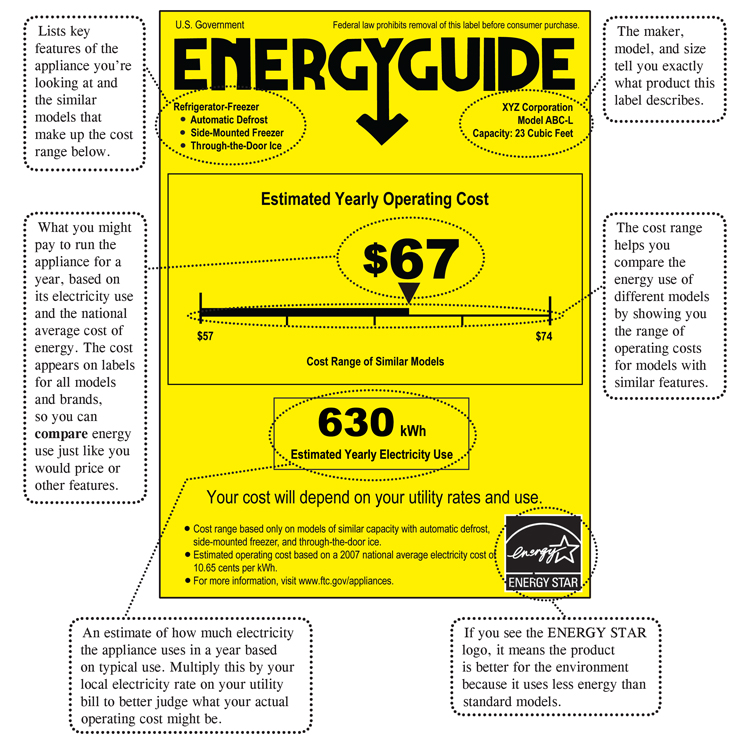










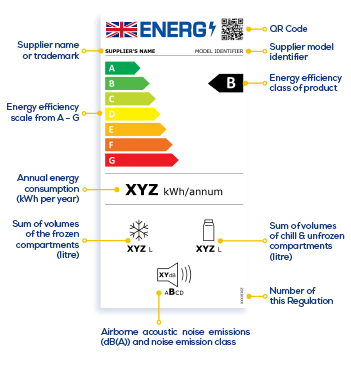
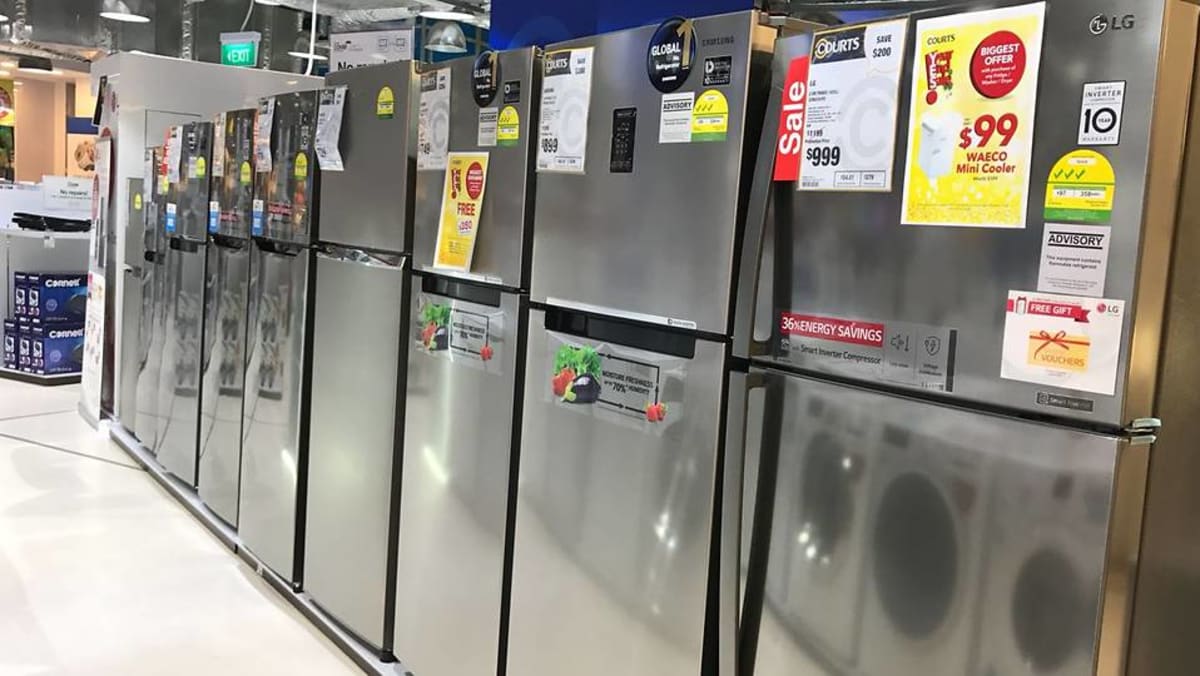


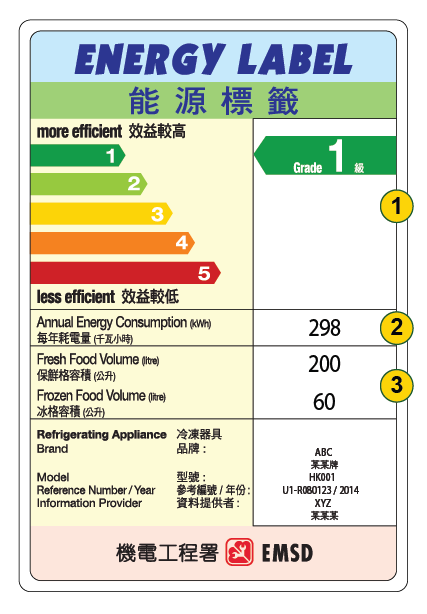






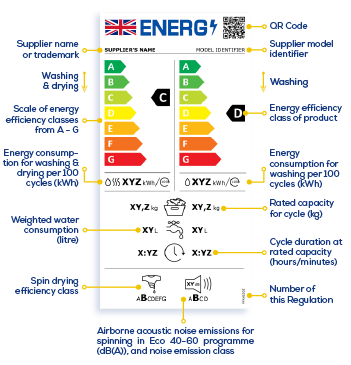


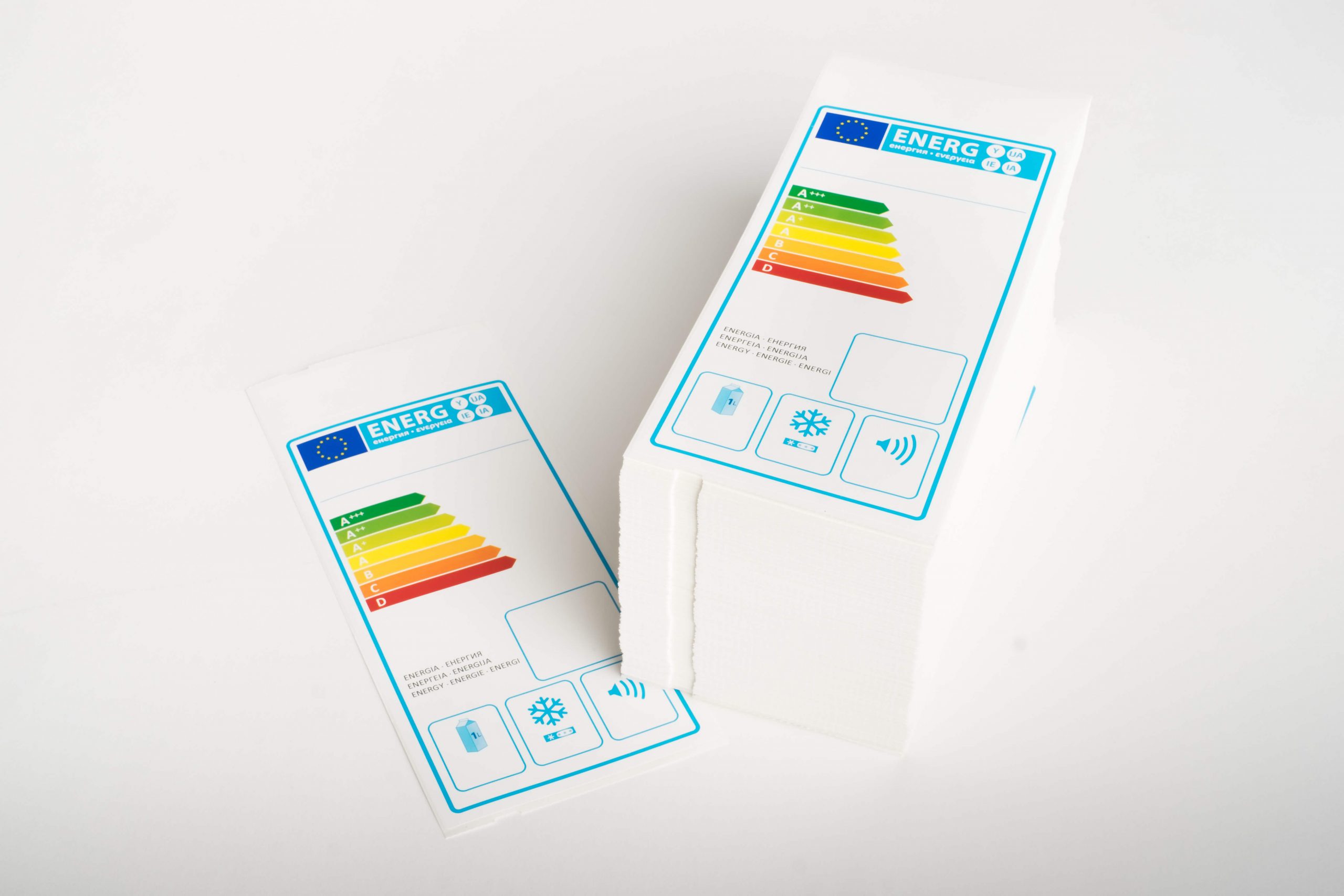
/gov-t-report-find-energy-star-program-vulnerable-to-fraud-98071090-cf62b9325ac3460ab2d7f5873feb07b3.jpg)
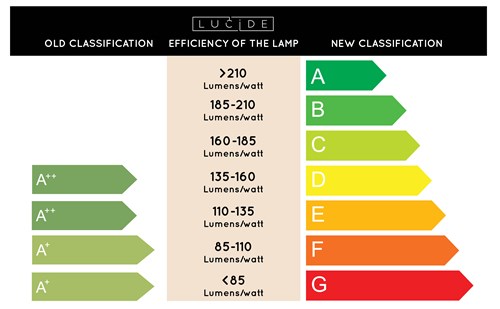
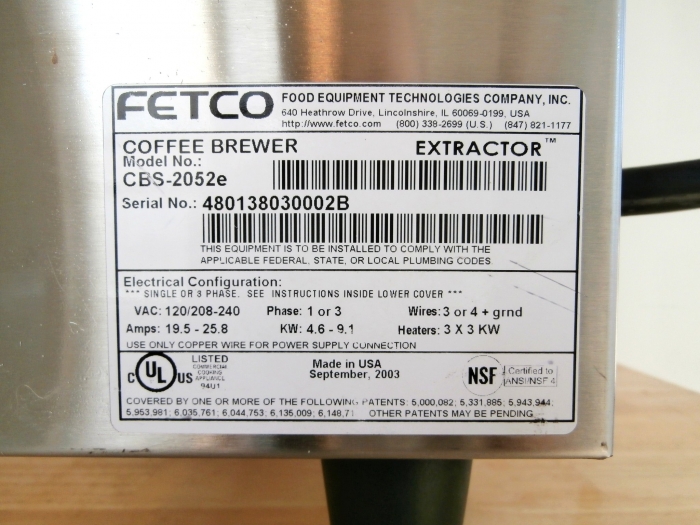
![PDF] Read the label! Energy Star appliance label awareness ...](https://d3i71xaburhd42.cloudfront.net/6b4fac61a19699033cf2d5f0b3f7f843eb95e7f9/2-Figure4-1.png)


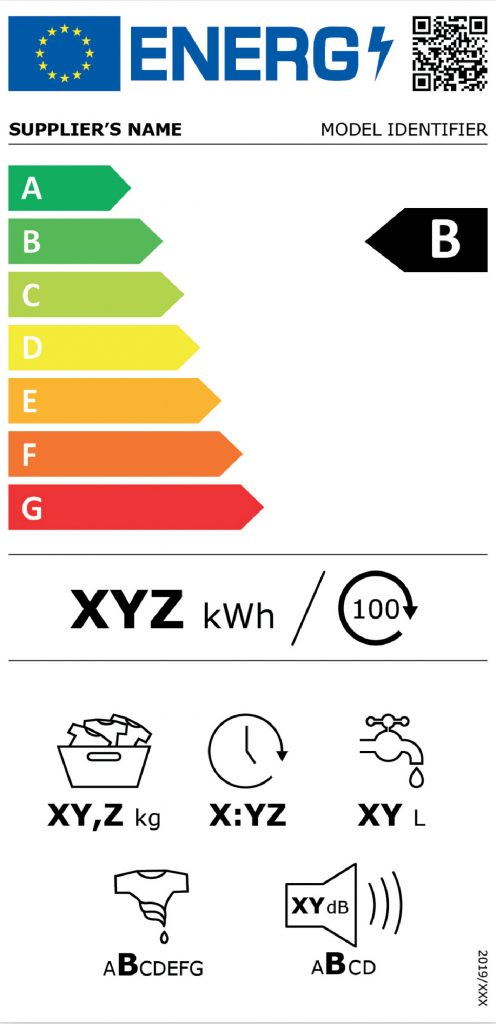
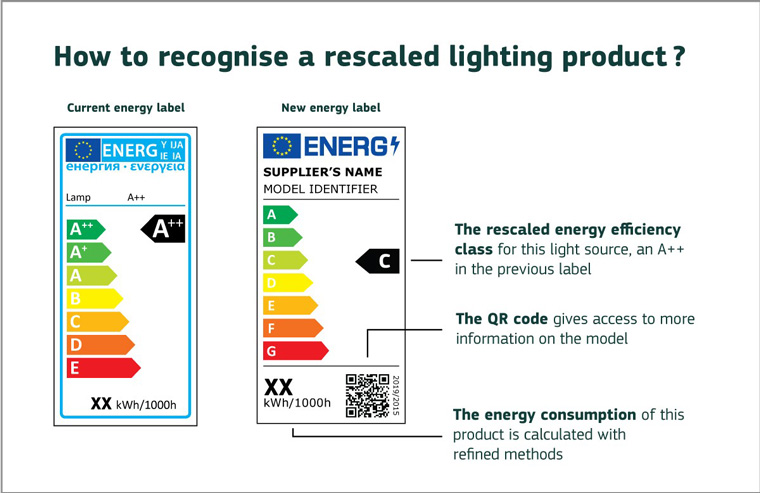
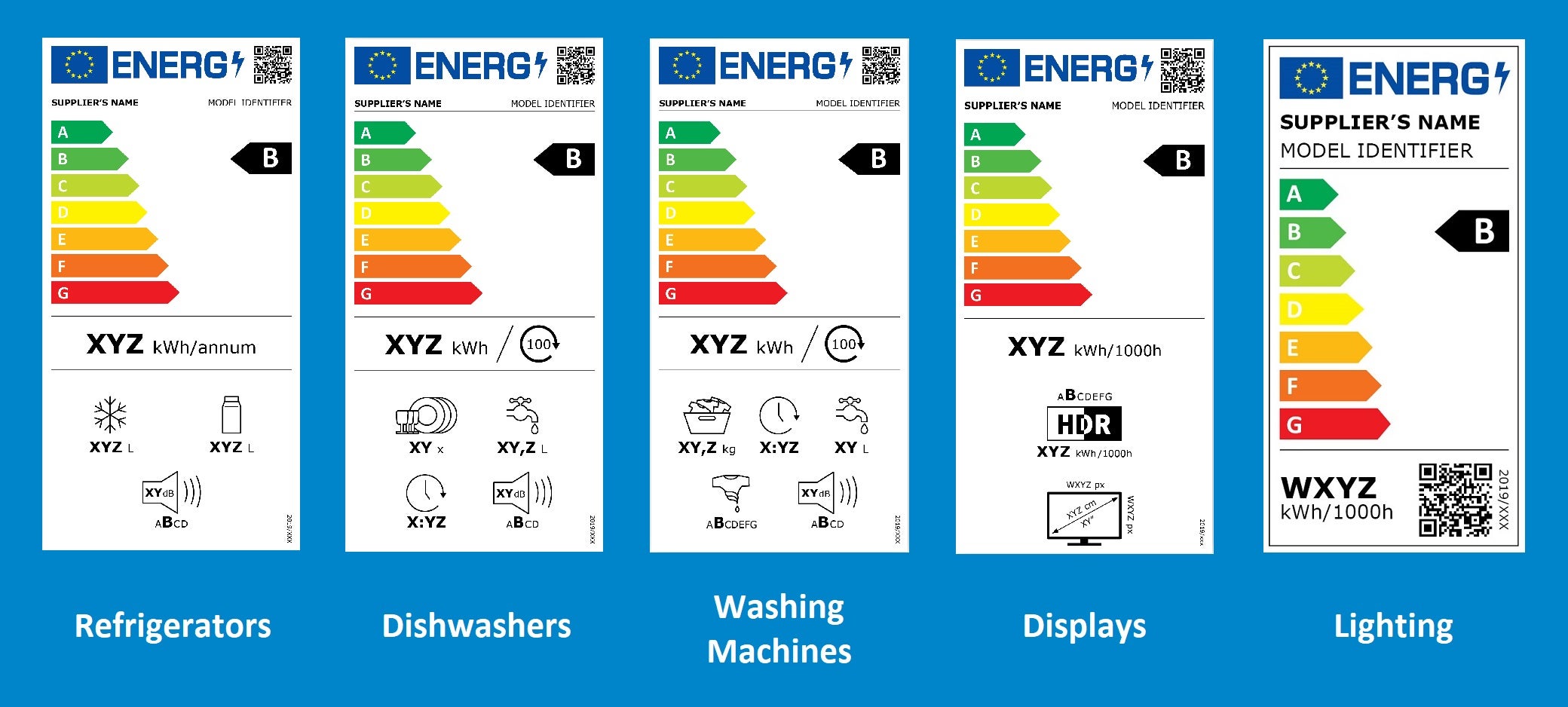
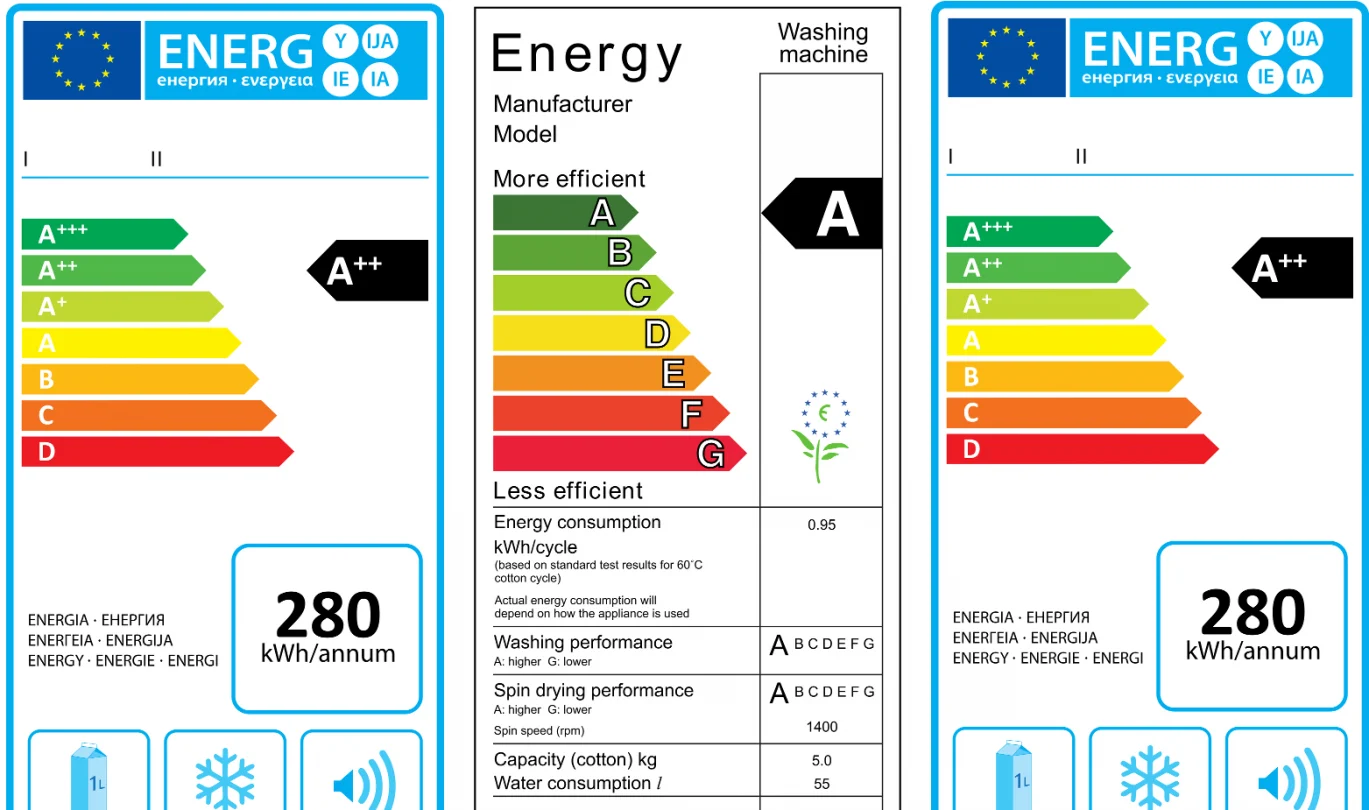
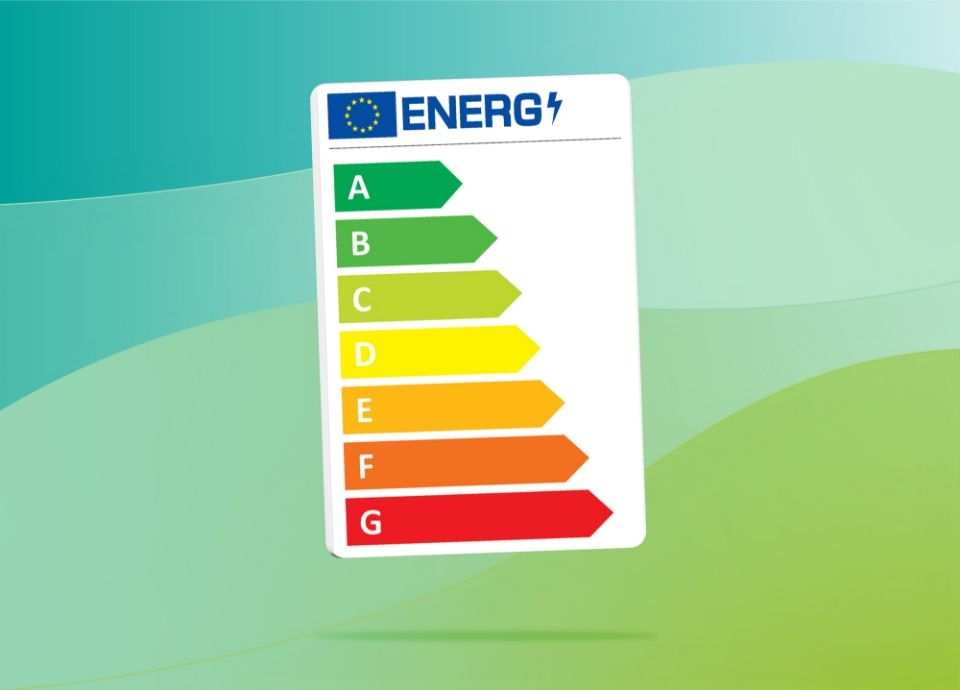
Post a Comment for "45 energy labels on appliances"